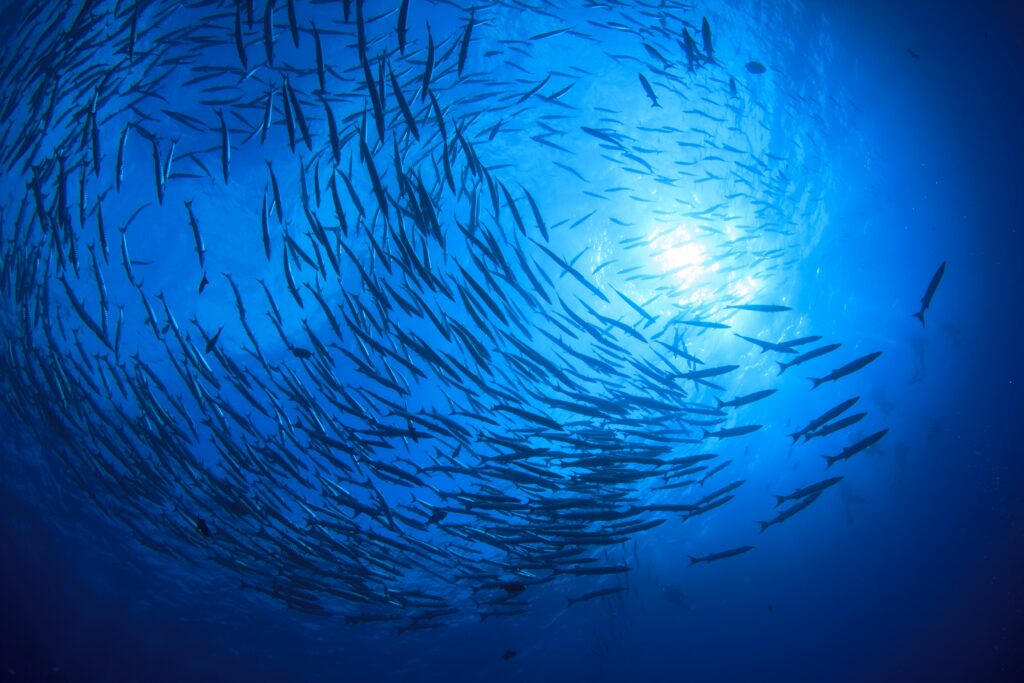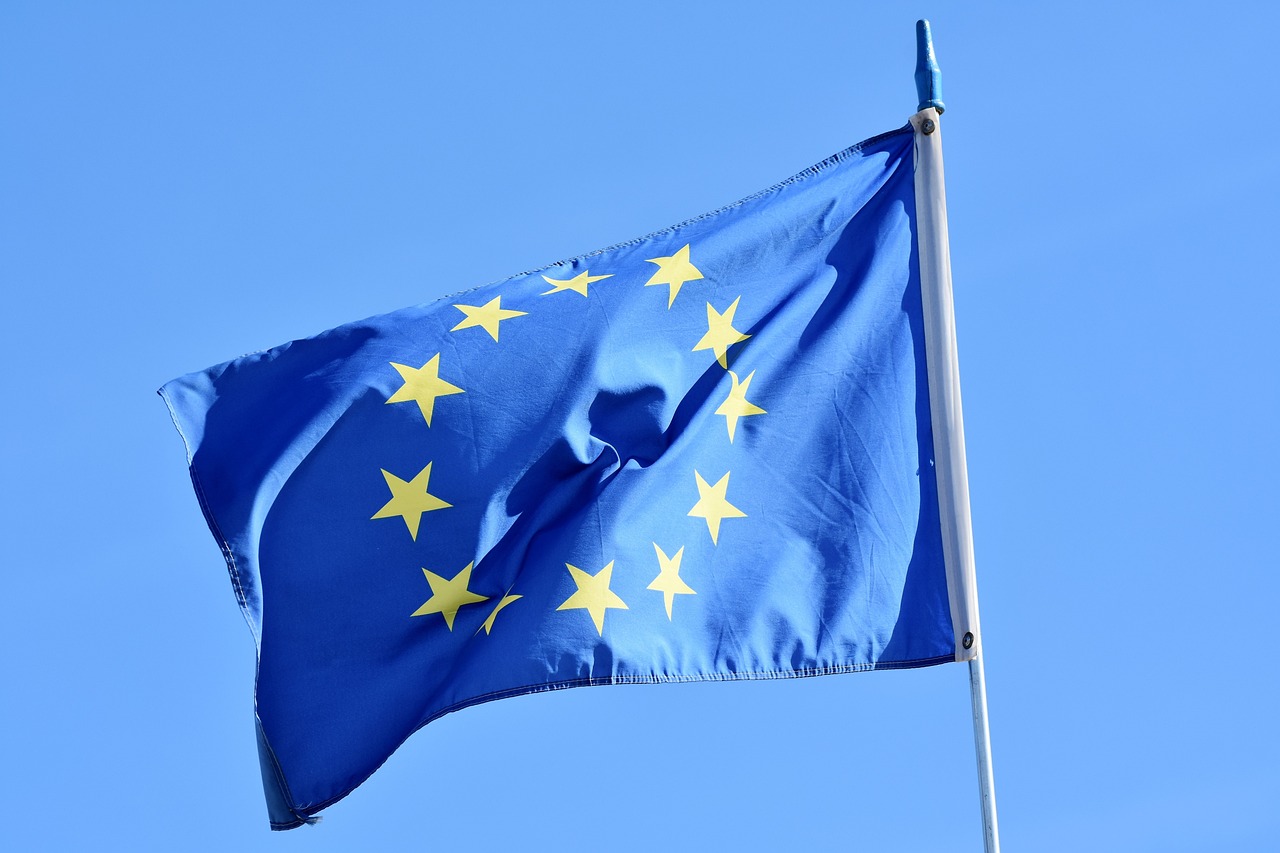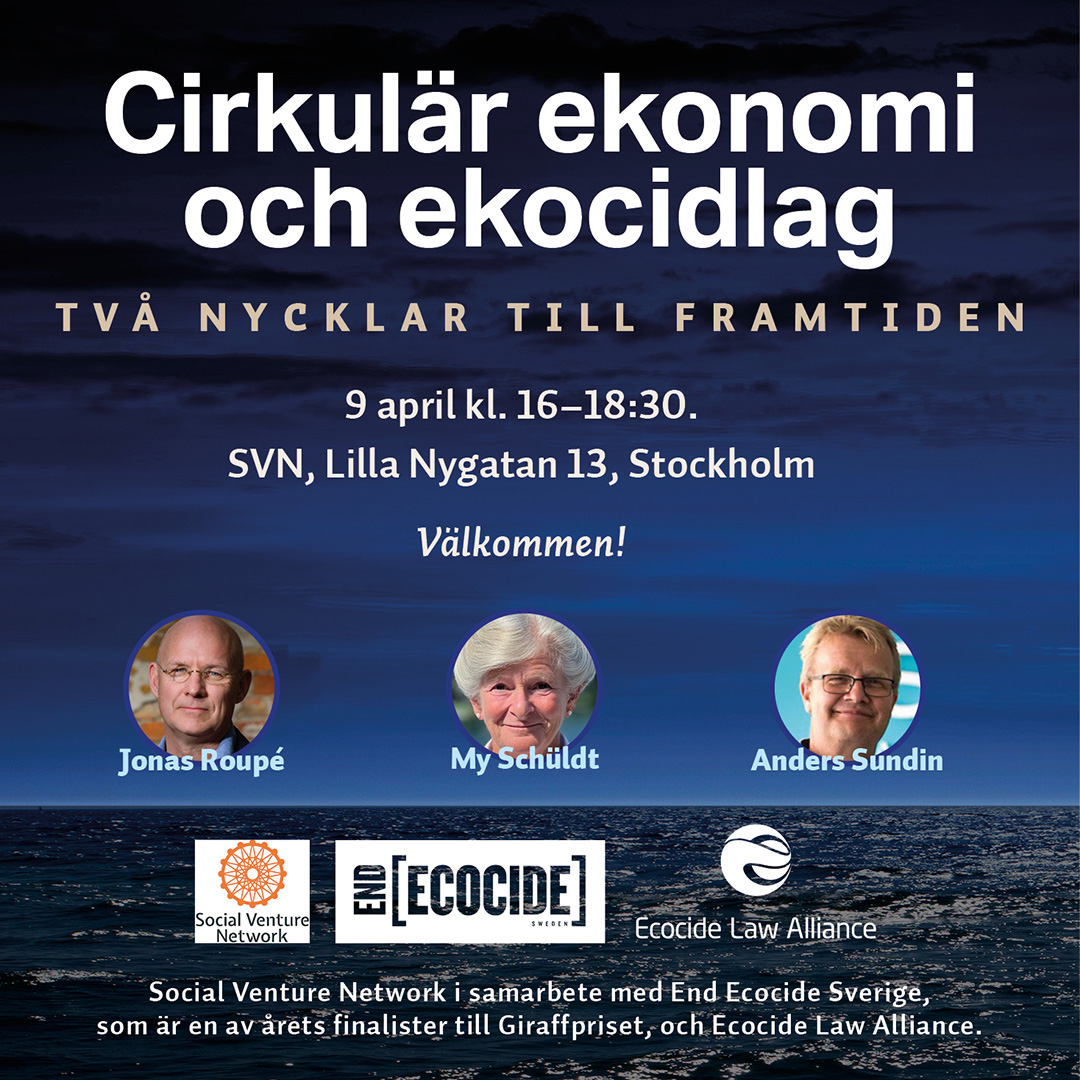On November 16, the European Union approved the strengthening of its ‘directive on protection of the environment through criminal law’. The directive will now include provision to directly address specific severe cases of ecosystem destruction including habitat destruction and Illegal logging.
The new directive includes establishment of a “qualified offence” aimed at preventing and punishing the gravest environmental harms including, as the accompanying recitals specify, “cases comparable to ecocide”.
This is the first time that a legislative act at the European level has recognised mass destruction of nature as criminal in and of itself.
Individuals are to be punishable by a maximum term of imprisonment of at least eight years. The sanctions for legal persons are also more severe than previously.
While the operative text steers clear of including the actual word “ecocide”, the EU has clearly taken strong note of the text proposed by the European Parliament earlier this year to tackle ecocide-level crimes, as well as the growing number of ecocide bills already proposed and progressing both in Europe and around the world.
The directive will be formally adopted in the coming months, but the all-important political agreement has been reached. Provisional text here.
The text put forward by the European Parliament had followed a unanimous Legal Affairs Committee vote in March 2023, proposing that ‘Member States shall ensure that any conduct causing severe and either widespread or long-term or irreversible damage shall be treated as an offense of particular gravity and sanctioned as such in accordance with the legal systems of the Member States.’
This closely follows the proposed definition of ecocide as an international crime drafted by an independent panel of experts convened by the Stop Ecocide Foundation in 2021, a definition which has triggered rapidly growing government, legal, academic and media interest around the world.
The final text from the EU is in alignment with the spirit of the international definition, and is the first time that a legislative text at the European level has recognised mass destruction of nature as criminal in and of itself.
The public appetite for recognition of ecocide / ecocide-level crimes is unquestionably present and growing. A coalition of politicians, NGOs and civil society has been campaigning for its inclusion in the directive for over a year, with an online petition organised by WeMove Europe and Avaaz receiving over 617,000 signatures.
The Exponential Roadmap Initiative brings together some of the world’s leading businesses with the mission to halve emissions by 2030 through exponential climate action and solutions.
“We need to respect the limits of our planet to secure a liveable future for many generations. Making large-scale environmental destruction a crime is essential to stabilise our climate and protect nature. Robust, long-term legislation is good for businesses. It will reinforce the necessary precautionary principle: do no harm,” says Johan Falk, founder of the Exponential Roadmap Initiative.
“This sends a clear message that ecocide level environmental crimes are not tolerated by society. It creates a level playing field, where responsible companies can compete on equal terms and it powers innovation,” says Nina Macpherson, Chair of the Ecocide Law Alliance.
Jojo Mehta, co-Founder and Executive Director of Stop Ecocide International, is thrilled with the result:
“The approved text is a hugely important step and a massive win for nature, significantly strengthening environmental protection through criminal law throughout the EU.
“We can see from the rapidly growing momentum of the ecocide law initiative that European states will not be long in engaging more deeply with it in their own jurisdictions.”
Marie Toussaint MEP, who played a central role in negotiations, said,
“Environmental crime is exploding around the world, it is now considered just as lucrative as drug trafficking, and is helping to destroy living conditions on earth. With this agreement, the European Union adopts some of the most ambitious legislation in the world.”
“It is now essential that EU Member States propose an amendment for the inclusion of standalone crime of ecocide in the Rome Statute of the International Criminal Court.”







